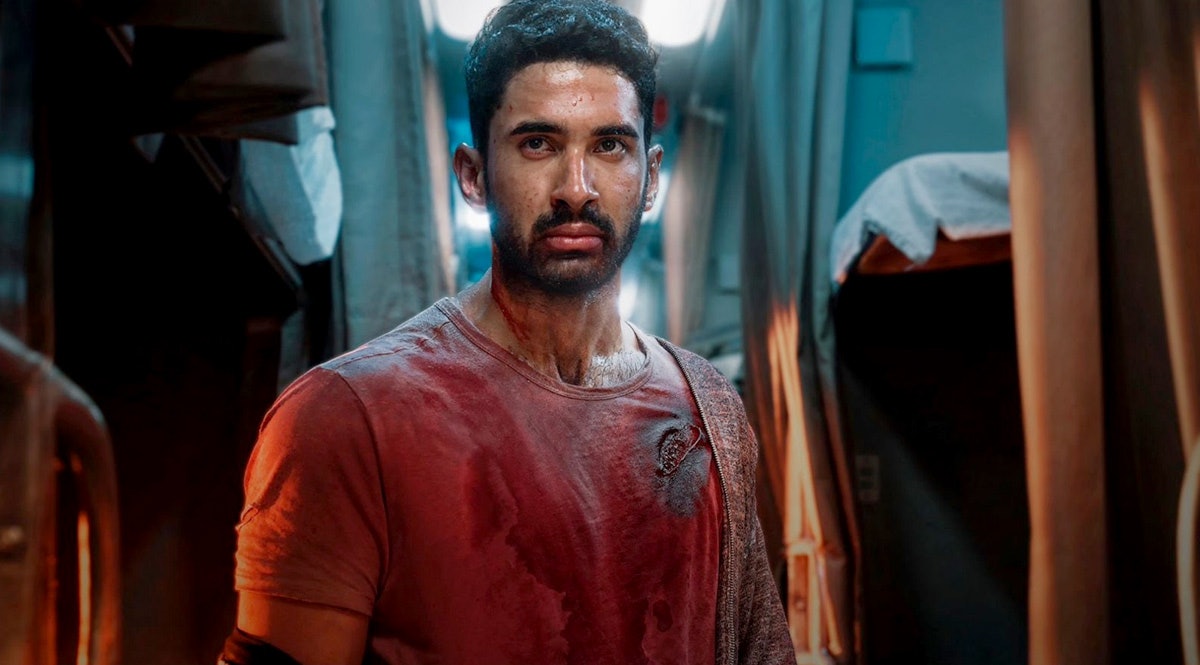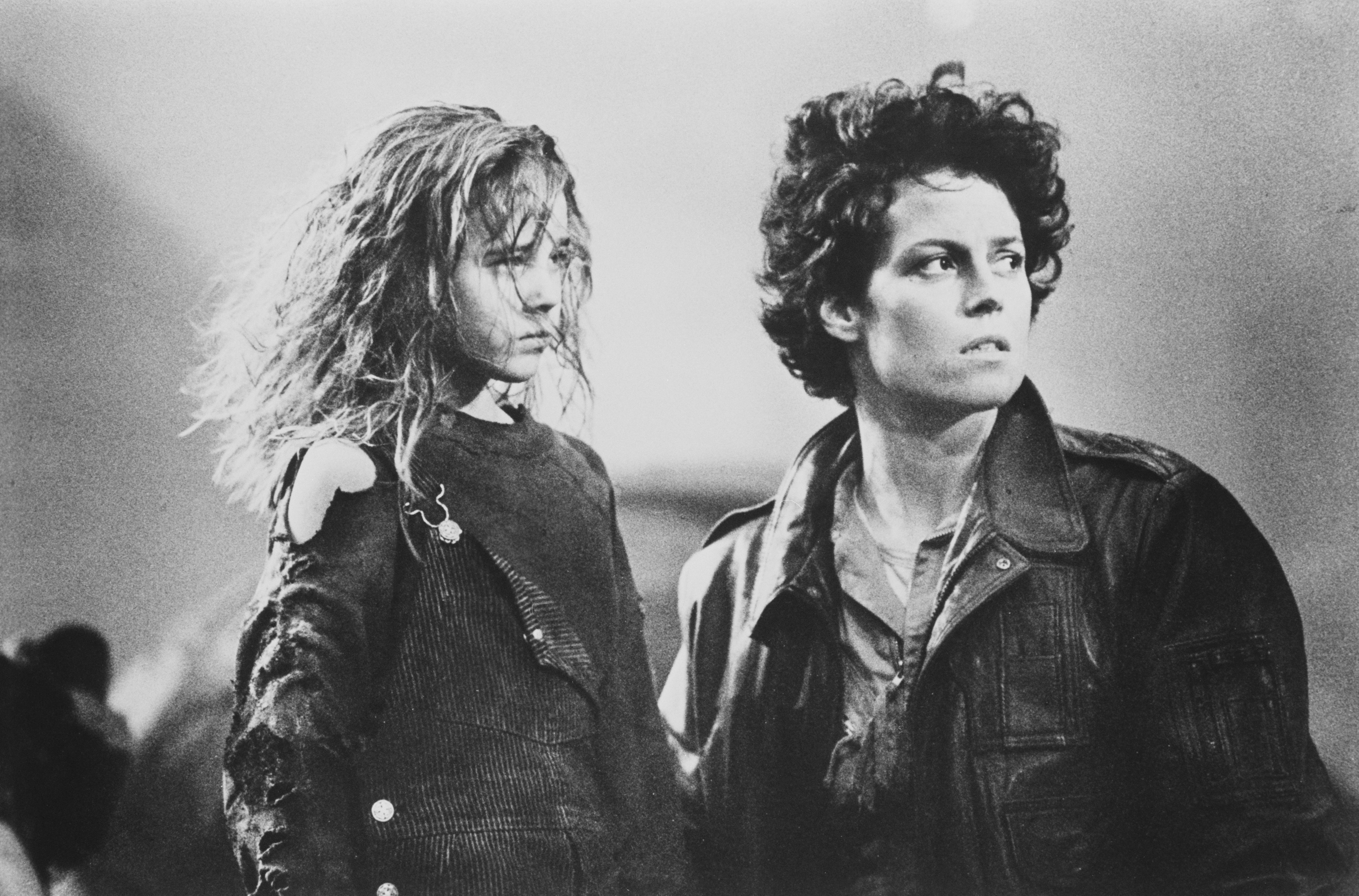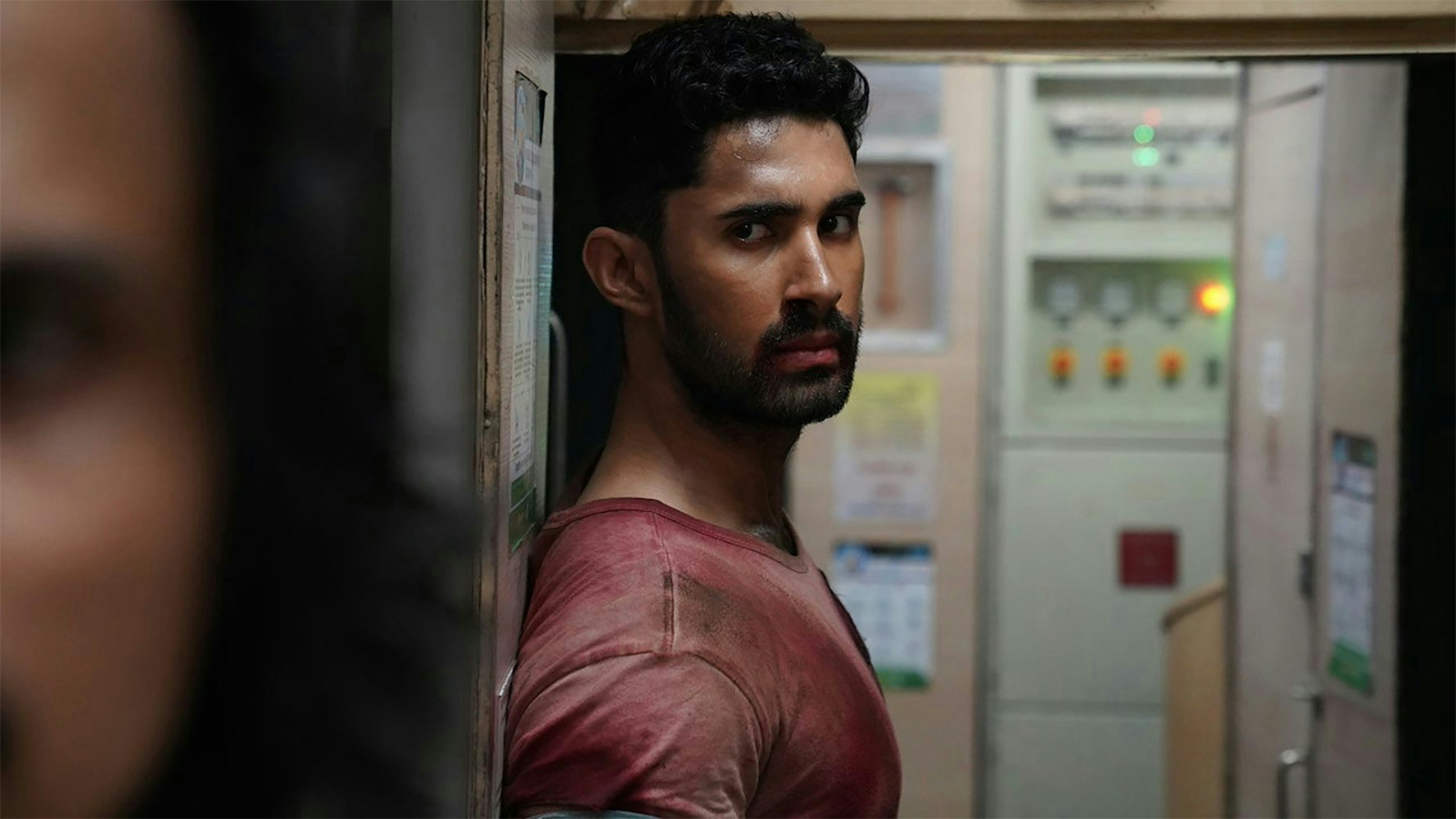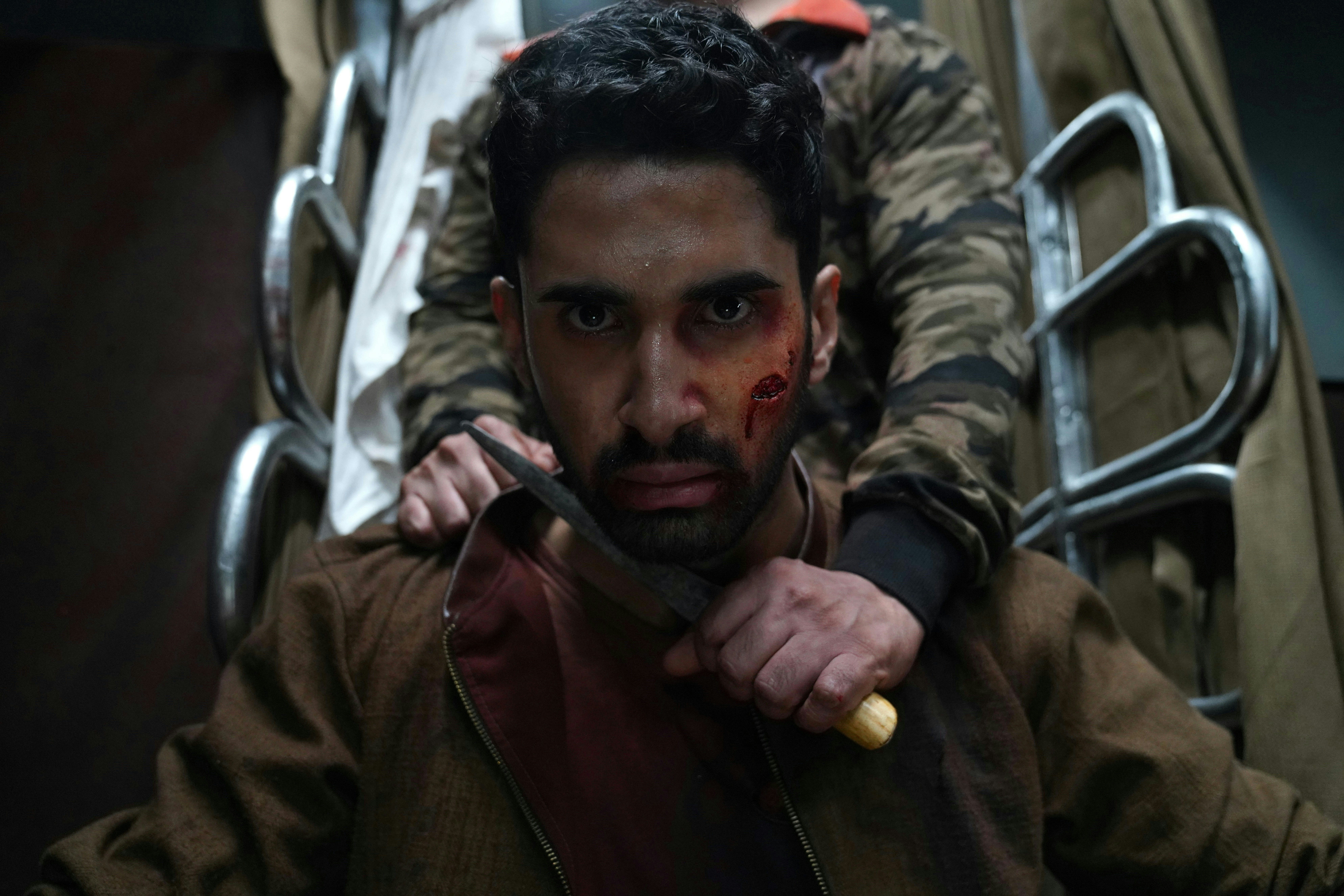
Firing out of the gate like the locomotive it takes place upon, Nikhil Nagesh Bhat’s revenge thriller Kill was an instant favorite at last year’s TIFF when it played in its “Midnight Madness” section. The ultra-violent, impressively choreographed barnburner drew immediate comparisons to The Raid and John Wick from the raucous audience of genre fans. Having two of the best action films of this century bandied about next to yours would be exciting for anyone, but for director Nikhil Nagesh Bhat, a surprising influence served as his North Star.
“This is my straight, honest answer: aliens,” Bhat tells Inverse. On its face, Aliens, a landmark of action cinema, wouldn’t be the most out-of-bounds influence for any director. For Bhat, though, it wasn’t necessarily the action of Aliens that compelled him but James Cameron’s ability to make the inhuman relatable.
“The alien is trying to protect her children and it's trying to survive. And there is this astronaut who's trying to protect that kid. So both of them are right in their own ways. Both are trying to survive,” he says. “That's exactly where I draw my inspiration from. Of course, we'll root for the astronaut and we'll not root for the alien, but at the same time the alien, it's trying to survive. It's trying to live. That's all it's trying to do.”

Taking place on a train heading to New Dehli, Kill follows army commando Amrit (an all-time great debut from Lakshya) as he attempts to catch the love of his life before she’s married off to an arranged husband. Produced by Karan Johar, a filmmaker known best for traditional Bollywood romcoms (including last year’s excellent Rocky Aur Rani Kii Prem Kahaani), Kill’s setup is deceptive. Lulling you into yet another tale of starstruck lovers, complete with sappy music cues and longing glances, Kill makes a shocking left turn into violence when a gang of criminals begins robbing the passengers. Ruthlessly slaughtering anyone who refuses or intervenes, the train becomes a bloodbath in the blink of an eye. After their assault becomes personal for Amrit, he unleashes a sadistic fury for the ages as the train hurtles to its destination.
“These goons have their everyday jobs.”
While Kill’s wild choreography and intense, visceral gore lends itself to those easy Raid and Wick comparisons, the provocations Kill has on its mind are much more exciting. Undoubtedly the most violent Hindi film in recent memory (possibly ever), Kill’s ostensible hero, Amrit, and his descent into bloody retribution mirrors the rush of adrenaline we get from seeing Keanu Reeves or Iko Uwais beat a crew of goons to a pulp. Violence on screen is thrilling, maybe even cathartic, but few films ever truly engage with how inured we’ve become to it. Even fewer films take a few breaths to dig into just who the people are that our hero is beating to death. It’s not just the motivation behind their resorting to a life of crime — we’ve had plenty of sympathetic heavies in film — but in the conditions that send these guys over the edge. Not unlike America and its class divide, India’s caste system keeps some people from reaching the same status as others. While it’s not something Bhat says he wants to push to the forefront, it was certainly on his mind while fleshing out his villains.
“These goons have their everyday jobs,” Bhat says. “For example, Fani is a gas station attendant. He works as a gas station attendant in the day, and at night, he does this for extra money. So they come from a class where they do not have that kind of money, and they're trying to get it.”

On the other side of that equation is our lovestruck hero, Amrit, and the people he loves come from wealth. This is baked right into the setting.
As Bhat explains: “They are robbing a train called Rajdhani Express. If you translate Rajdhani, [it] means capital. So these trains run from the capital to all the other cities. So, the Rajdhani is the most premium train in the country. Sometimes, the tickets cost way more than the flight tickets, so only rich people travel. So these people are robbing the rich people. There is a class divide over there. And these people are not well-to-do people and are trying to earn more money.”
“They're just humans, and I wanted to make them more human.”
This isn’t to say that what these men are doing is just, they’re brutal killers after all. But these little wrinkles create a murky moral dilemma for the viewer as Amrit takes them down. No question, watching a hero rip apart a ghastly villain with their bare hands is why we sign up for a film like this; it’s part of the contract. Like all the best action films, Kill gets this and provides a wicked showcase for its star to break bones and shed blood, but the real jolt comes from how it reckons with him. After one of their own men is killed in retaliation, the criminals stop in horror and begin to weep over their fallen dead.
“From my point of view... the killers, these 36, 38 people, they're part of a huge family,” Bhat says. “They're all family members. And I felt that normally we, as filmmakers, show villains, they're just plain black, and they do not have any emotion, and they're all psychopaths, and they would just go around and kill people. But again, from my point of view, criminals usually don't look like criminals. They're just humans, and I wanted to make them more human. So I wanted a father and a son, and I wanted an uncle and a nephew. And I wanted those kinds of bonds.”

The first time this happens, it’s almost comical. Multiple families across this train are slaughtered brutally, without apparent remorse. Kill’s relentless pacing places the audience right in the action, with Bhat navigating this journey with precision.
“In the first half, they're the ones who are dictating the terms, keeping everybody by the hook and on their leash,” Bhat says of the attacking criminals. “And in the second half, they were trying to project that kind of fear in the passengers, the same type of fear they start experiencing. And they get caught in their own web. They've taken off those emergency brakes, but now they cannot get down. They are stuck.”
As the film chugs along, though, the bodies stack up, and you realize their horror isn’t that they’re being thwarted; it’s that the violence being done to them is tenfold what they’ve dished out to the rest of the train. In a stunning confrontation between hero and villain, the latter, Fani (Raghav Juyal) says, “You’re not a protector. You’re a fucking monster.”
That’s the key to this joyously horrific film. The Hindi words for “protect” (raksha) and “monster” (raakshas) are remarkably similar, an intentional line being blurred as our hero loses himself. Couple this with the criminals coming from much poorer backgrounds against Amrit and his girlfriend’s high status, you’re left with one of the thorniest vigilante bloodbaths in recent memory. It’s rare to get an action film this great — like Fury Road’s prolonged chase, Kill is a two-hour fight to the death. When said action gives you something to chew on long after the carnage settles, there’s nothing better.







